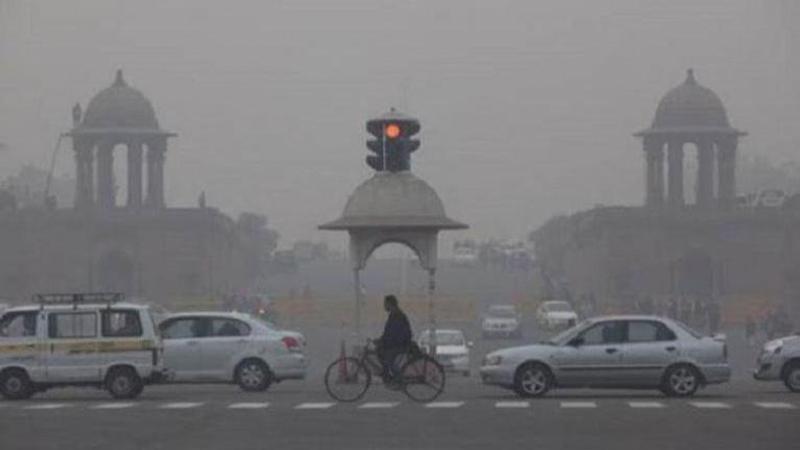Published 16:17 IST, December 18th 2019
India should take urgent action to tackle air pollution: WHO
The levels of toxic air in many cities of India are much higher than the recommended guidelines, which could have a major impact on people's health, said WHO.

India should take urgent action to tackle air pollution as the levels of toxic air in many cities of the country are much higher than the recommended guidelines, which could have a major impact on people's health, WHO Director Maria Neira said.
Several studies conducted by the World Health Organization (WHO), Centre for Science and Environment and others published in journals such as The Lancet have linked pollution with premature deaths in India.
Union Environment Minister Prakash Javadekar recently told the Parliament that there was no Indian study to show any correlation between pollution and shortening of lifespan.
"The studies conducted in India have not shown a direct correlation of shortening of life because of pollution. Let us not create a fear psychosis among people," the minister told the House.
When asked to comment on the minister's speech in the Lok Sabha, Neira told PTI "a very strong scientific evidence is telling us that exposure to air pollution is having a major impact on people's health."
"Independently of which methodology is used or what are the estimates, it is urgent to take action because the levels of air pollution in certain cities in India are very high, and this is definitely having impact on people's health," notes Neira, Director, Public Health, Environment and Social Determinants of Health Department (PHE), WHO.
"Therefore, we urge governments to take measures to reduce pollution, to reduce the massive damage this pollution is causing to health of their citizens, particularly in those cities where the levels of air pollution are far beyond those guidelines recommended by the WHO," she said.
A study published last year in The Lancet journal found that one out of every eight deaths in India in 2017 could be attributed to air pollution.
This study showed that India has a higher proportion of global health loss due to air pollution than its proportion of the global population.
Around 12.4 lakh deaths in India in 2017 can be attributed to air pollution, it said, terming toxic air a leading risk factor for deaths in the country.
The study also noted that the average life expectancy would have been 1.7 years higher if the pollution levels were less than the minimal level responsible for causing health loss.
WHO air quality guidelines estimate that reducing annual average fine particulate matter (PM2.5) concentrations from levels of 35 microgrammes per cubic metre (g/m3) to 10 g/m3, could reduce air pollution-related deaths by around 15 per cent.
Neira urged the Indian Government to take urgent action to reduce the pollution levels, saying doing so will result in major health benefits.
We are confident that based on the fact that this pollution can be reduced, Indian government, which has an enormous amount of expertise and competence will be doing their best to tackle the sources of pollution, to reduce the toxic levels that the citizens are exposed to at the moment, and start to monitor how the health situation of their citizens will be improved, she said.
She said the evidence, interventions, and the plan of action to tackle air pollution is available.
"It is just the question of deciding to implement it as soon as possible because the more we delay those measures; the more we will have problems, Neira added.
Updated 16:36 IST, December 18th 2019




